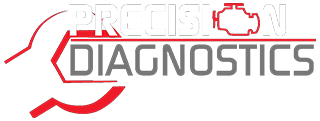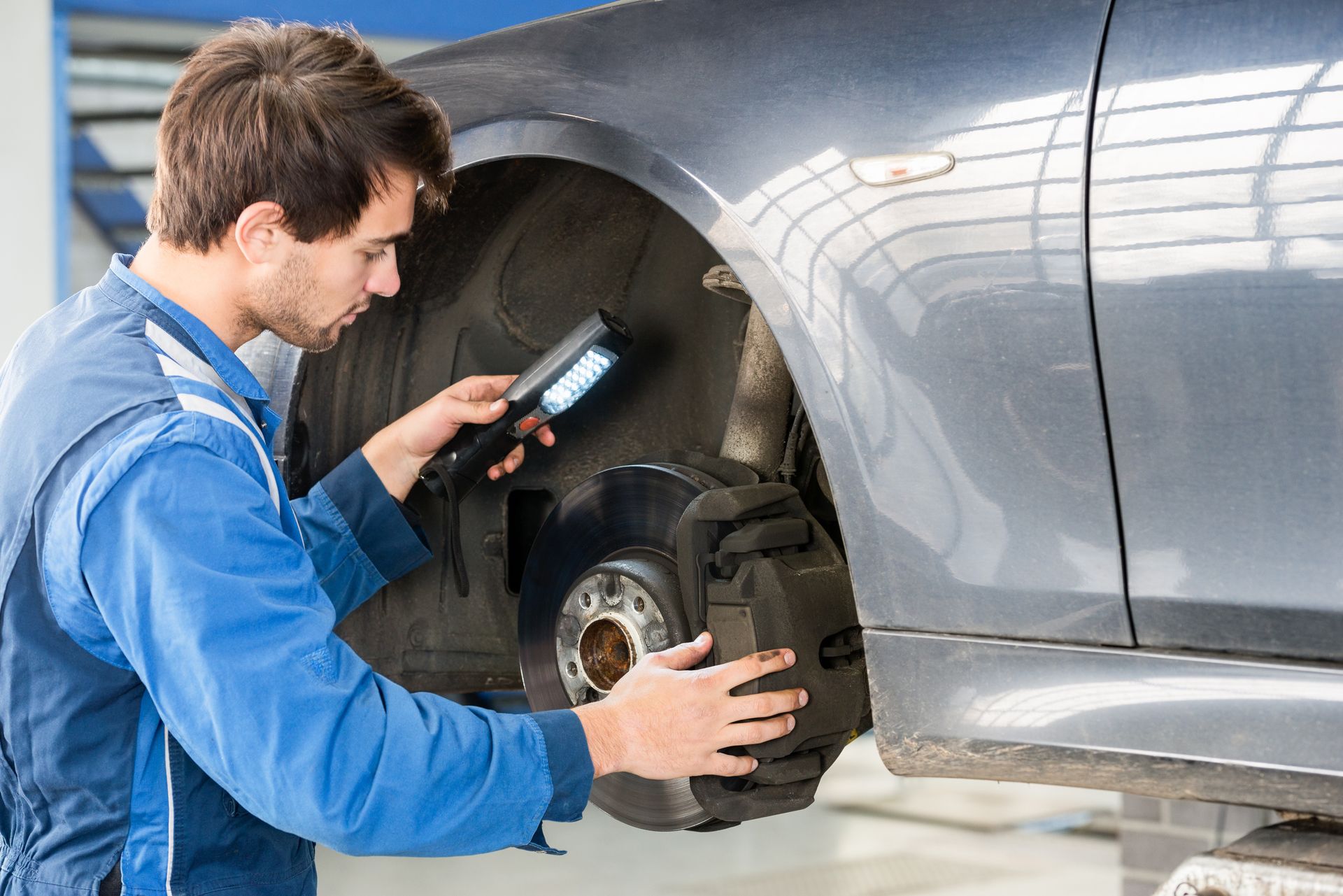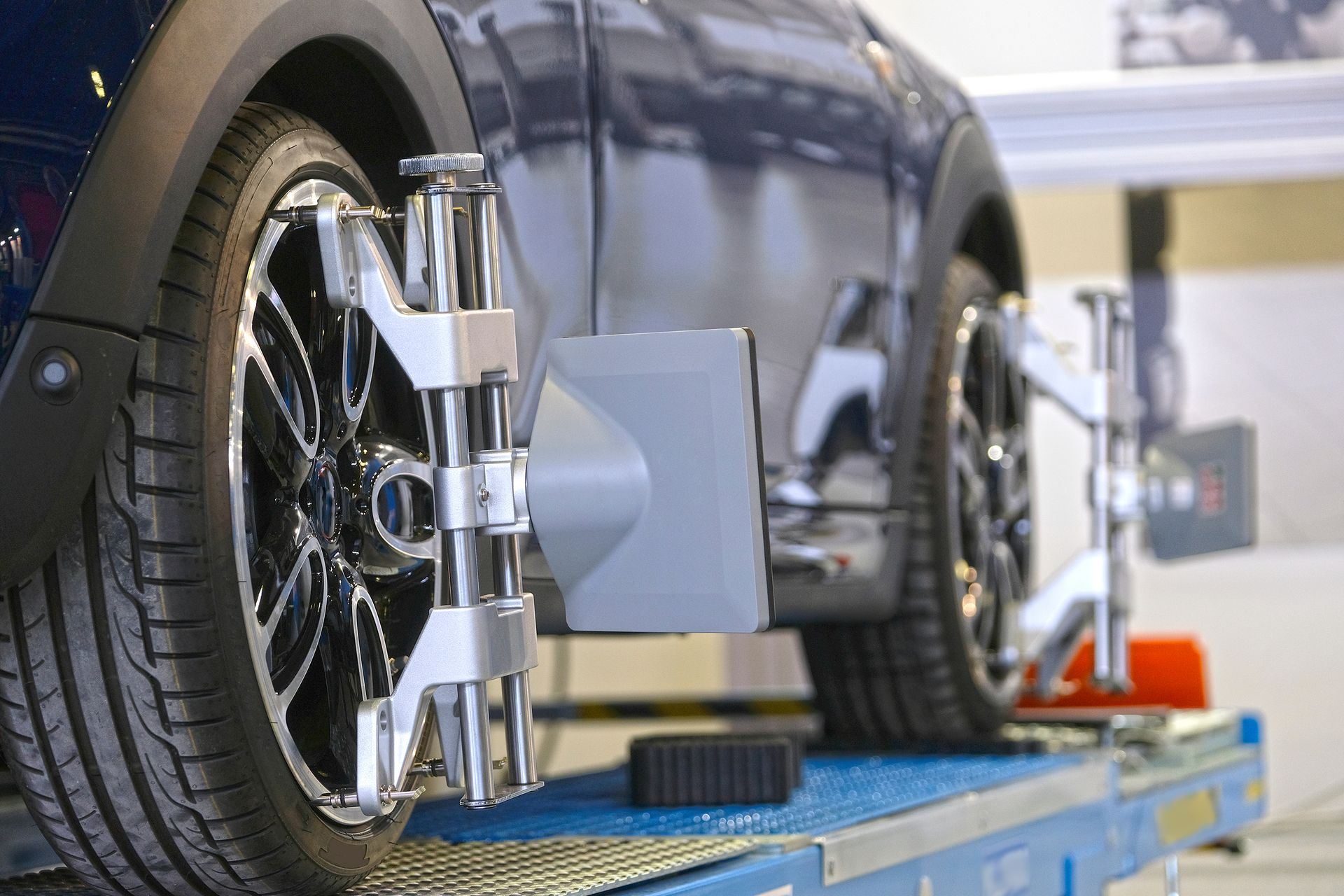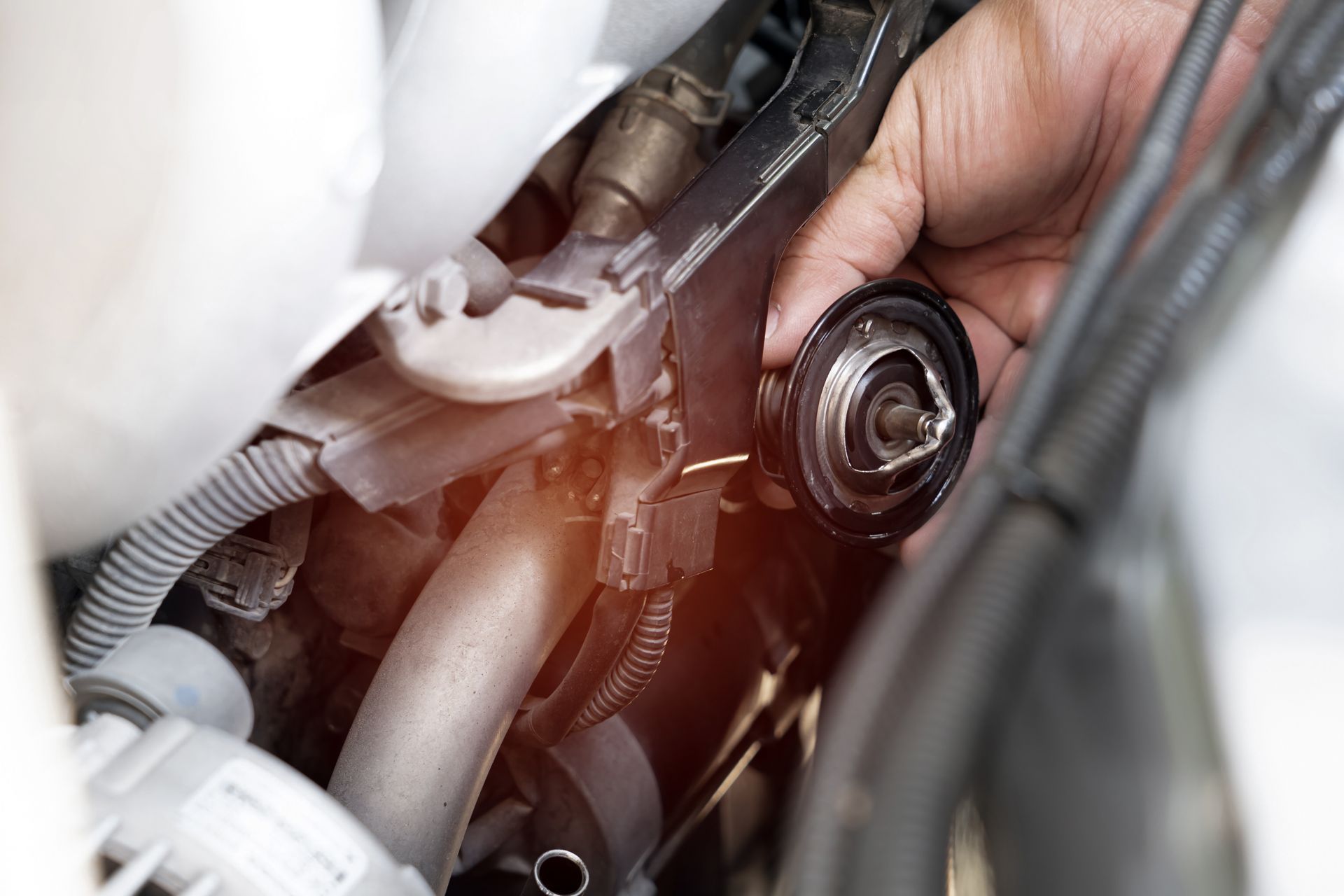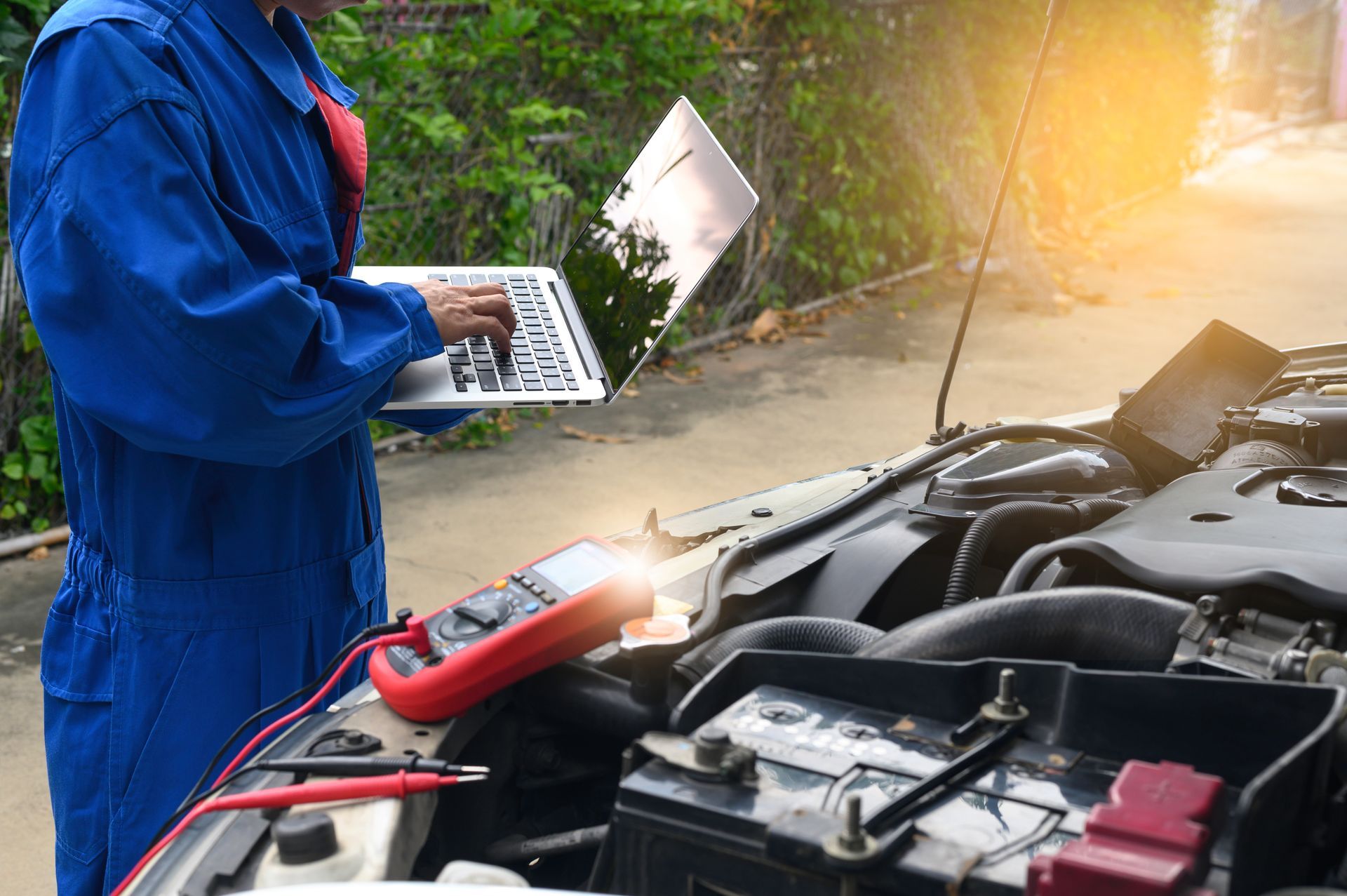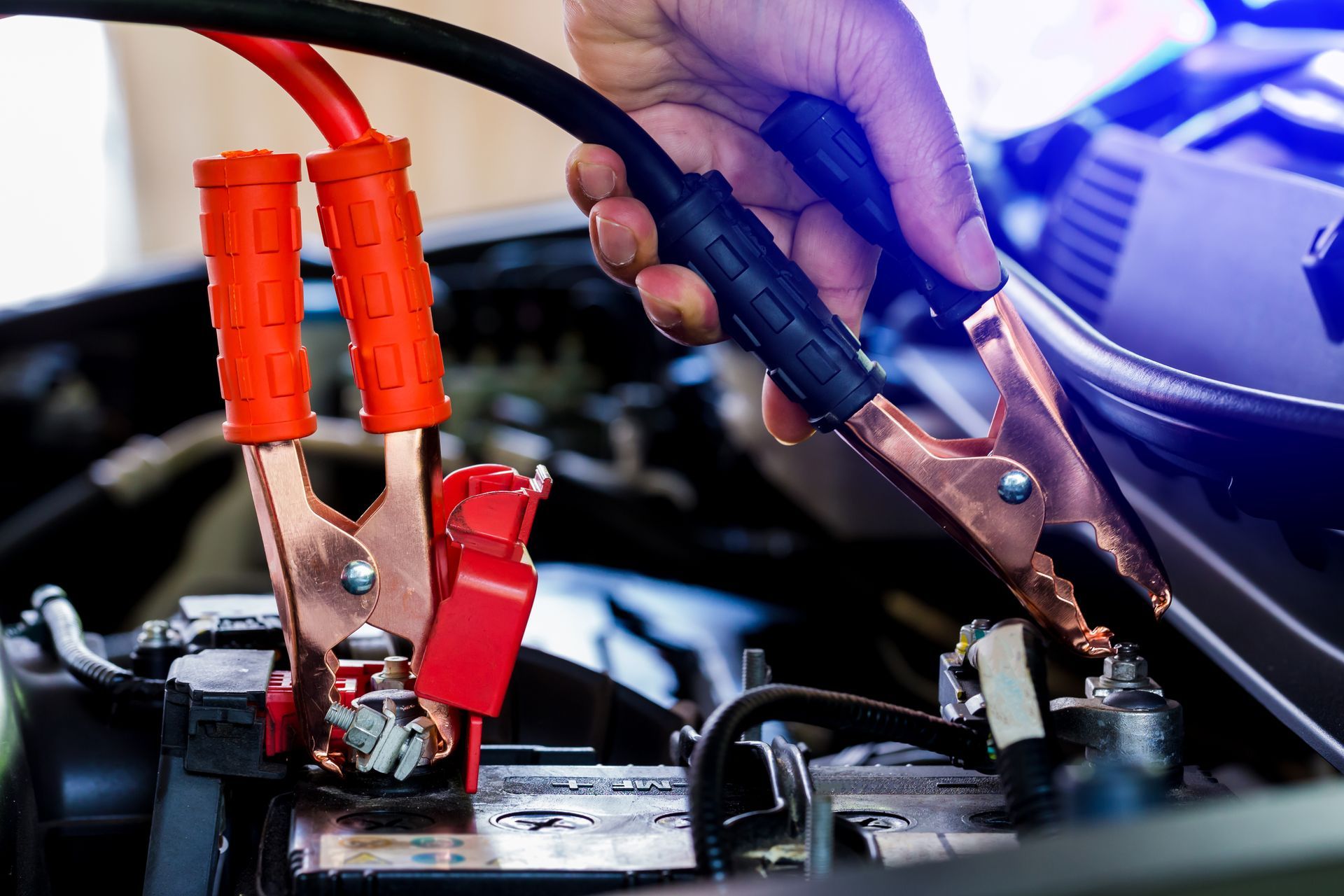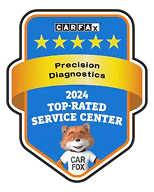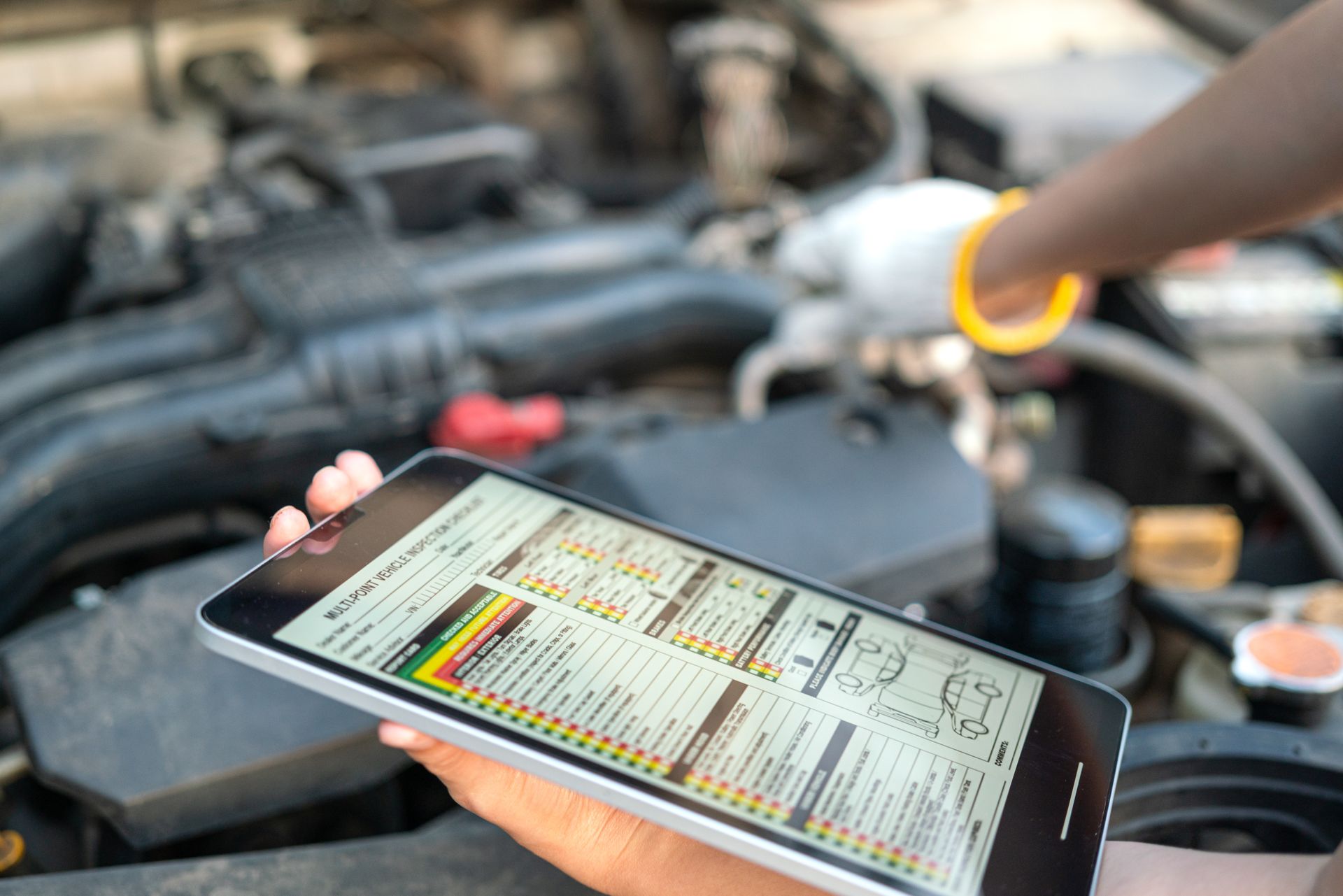With gas prices rising and environmental concerns growing, fuel efficiency is more important than ever. Fortunately, improving your vehicle’s gas mileage doesn’t always require drastic changes or expensive upgrades. Many simple habits and maintenance routines can make a noticeable difference in how far your vehicle goes on each tank.
Whether you drive a compact sedan, a heavy-duty truck, or something in between, learning how to stretch your fuel dollars is smart for both your wallet and your engine’s health.
Keep Up With Regular Maintenance
One of the most effective ways to improve fuel efficiency is to keep your vehicle in peak condition. Worn-out parts, dirty filters, and old fluids all create extra work for your engine, which leads to wasted fuel. Some key maintenance tasks include:
- Replacing your air filter when dirty
- Keeping spark plugs and ignition coils in good shape
- Getting regular oil changes using the correct grade
- Checking for engine codes and resolving misfires promptly
A poorly maintained vehicle can burn up to 20% more fuel than one that's running efficiently. It’s not just about saving money but also about extending the life of your engine.
Check Your Tire Pressure Regularly
Low tire pressure increases rolling resistance, which means your engine must work harder to move the car. This reduces gas mileage and leads to premature tire wear. Tire pressure should be checked at least once a month, especially during seasonal temperature changes.
Always use the recommended PSI listed on the sticker inside the driver’s door, not the number on the tire sidewall. Overinflated or underinflated tires both reduce efficiency, safety, and ride comfort.
Lighten the Load
Carrying extra weight in your vehicle can affect fuel economy more than you might expect. The more your car weighs, the harder the engine has to work. Roof racks, storage bins, and unnecessary cargo all reduce aerodynamics and increase drag.
Removing items you don’t need for daily driving is an easy way to improve mileage. If you’re using a rooftop carrier, take it off when not in use to minimize wind resistance.
Drive Smarter, Not Harder
Your driving habits play a big role in how efficiently your car uses fuel. Quick acceleration, hard braking, and speeding are all waste gas. Smoother driving not only saves fuel, it reduces wear and tear on your vehicle.
Try to anticipate traffic flow, accelerate gradually, and coast when possible. Using cruise control on the highway helps maintain a steady speed, which can result in improved mileage.
Avoid long periods of idling, especially in modern engines that are designed to restart efficiently. In many cases, restarting your engine uses less fuel than idling for more than 30 seconds.
Limit A/C Use and Electrical Load
Air conditioning, defrosters, and heated seats all put additional load on the engine, especially in smaller vehicles. While comfort features are useful, using them constantly can reduce fuel efficiency—particularly in stop-and-go traffic.
Use A/C strategically and turn off extra electrical accessories when they’re not needed. Parking in the shade or using a sunshade helps reduce the need for air conditioning in the summer months.
Pay Attention to Fuel Quality
Not all gas is created equal. Using the recommended octane for your vehicle is essential. Premium fuel won’t improve mileage in cars designed for regular use, but using lower-than-recommended octane in a high-performance engine can cause knock, reduce power, and impact efficiency.
It’s also important to fill up at reputable stations that maintain clean tanks and offer top-tier fuel with detergent additives to keep your fuel system clean.
Fix Problems Early
If your check engine light is on, don’t ignore it. Many engine codes relate to fuel system efficiency, oxygen sensors, catalytic converter performance, and other components that directly affect how much gas your vehicle uses.
Fixing even a minor issue, such as a malfunctioning O2 sensor, can significantly improve fuel economy. If your car feels sluggish, smells rich, or is using more gas than usual, it’s time for a diagnostic.
Let Precision Diagnostics Inc in Plainfield, IL, Help Maximize Your Fuel Efficiency
A few small adjustments and regular care can go a long way in helping you get the most out of every gallon. If you’re not sure where to start or think your vehicle isn’t as efficient as it used to be, we can help.
Call
Precision Diagnostics Inc in Plainfield, IL, today to schedule a fuel system check or tune-up. Let’s keep your car running lean, clean, and efficient all year long.

